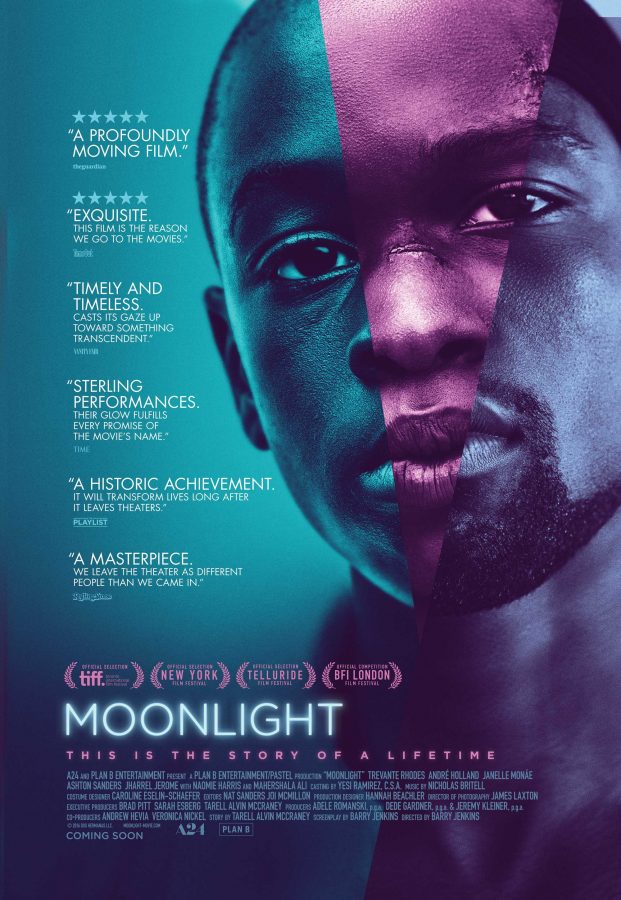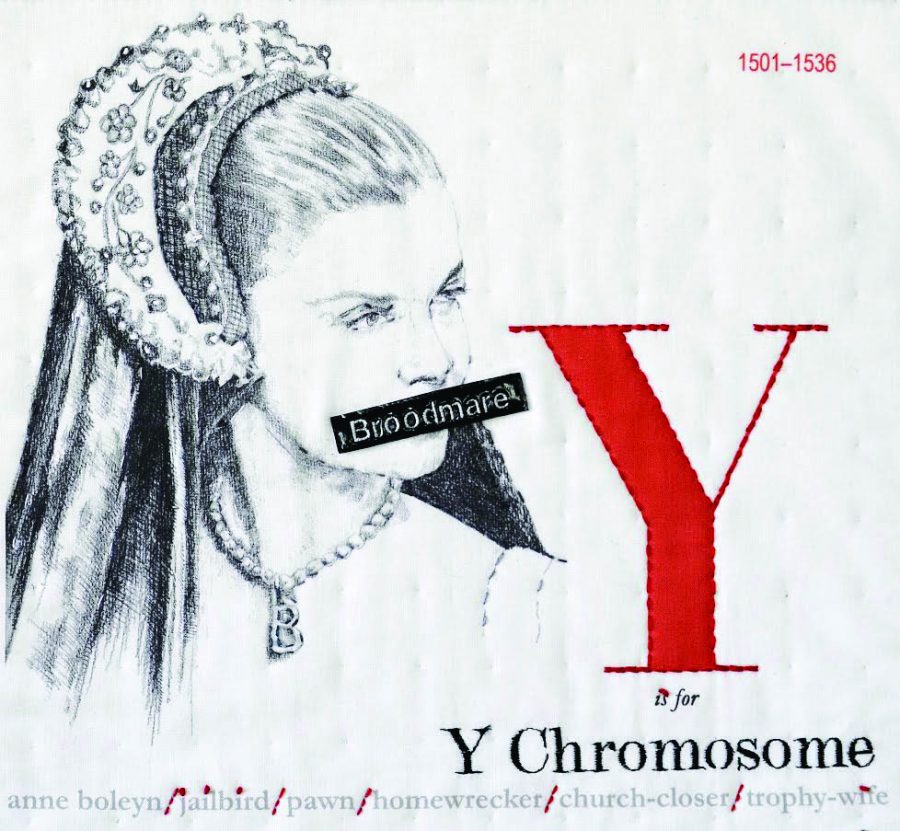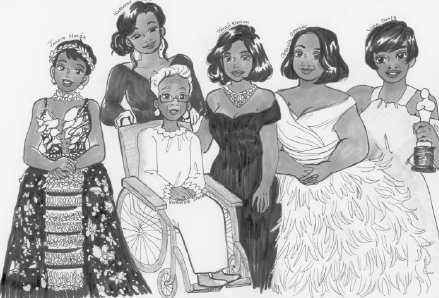By Harry Donnell
Staff Writer
On Feb. 24, the folk punk band formerly known as Andrew Jackson Jihad announced on their website that they would be changing their name to AJJ. This was not about simplifying their brand to an abbreviation that their fans already used for them.
This statement issued by the band reveals the true intention for the switch. AJJ disclosed that the most important reasons were as follows: “The two biggest reasons for this are: 1.) We are not Muslims, and as such, it is disrespectful and irresponsible for us to use the word jihad in our band’s name. 2.) We no longer wish to be a living reminder of president Andrew Jackson. Interesting historical figure as he was, he was an odious person and our fascination with him has grown stale.”
They also made it clear that they were apologizing for the problematic nature of their former name and were grateful for the people who came forward to explain to them why “Andrew Jackson Jihad” was not an ideal name for them.
The band still has many things that they could work on improving, as the content of their songs can also contain various microaggressions that can make it difficult to focus on the music at times. However, this writer sees the change as a fresh start and hopes they continue to listen to their fans and grow from their mistakes.
Many disagree with this viewpoint, such as Reddit user Kinkypumpkin, who is “pretty disappointed in the extreme censoring and extreme politically correct slippery slope we’re going under [sic]. We’re sugar coating [sic] every single thing we are bound to get diabetes any minute now.”
Slippery slope fallacy and incorrect usage of diabetes aside, this writer believes that the change is not censorship, as it is clear that the band wants this and is doing it for themselves as well as their fans. Changing something because it is problematic is not censorship; it is a step towards being more inclusive and refusing to isolate fans.
Prioritizing privileged viewpoints is an important issue in the music industry and it’s fantastic to see musicians breaking away from the idea that everything they do and have done is perfect. They can be problematic, learn, apologize, move on, and set an example for others.



















